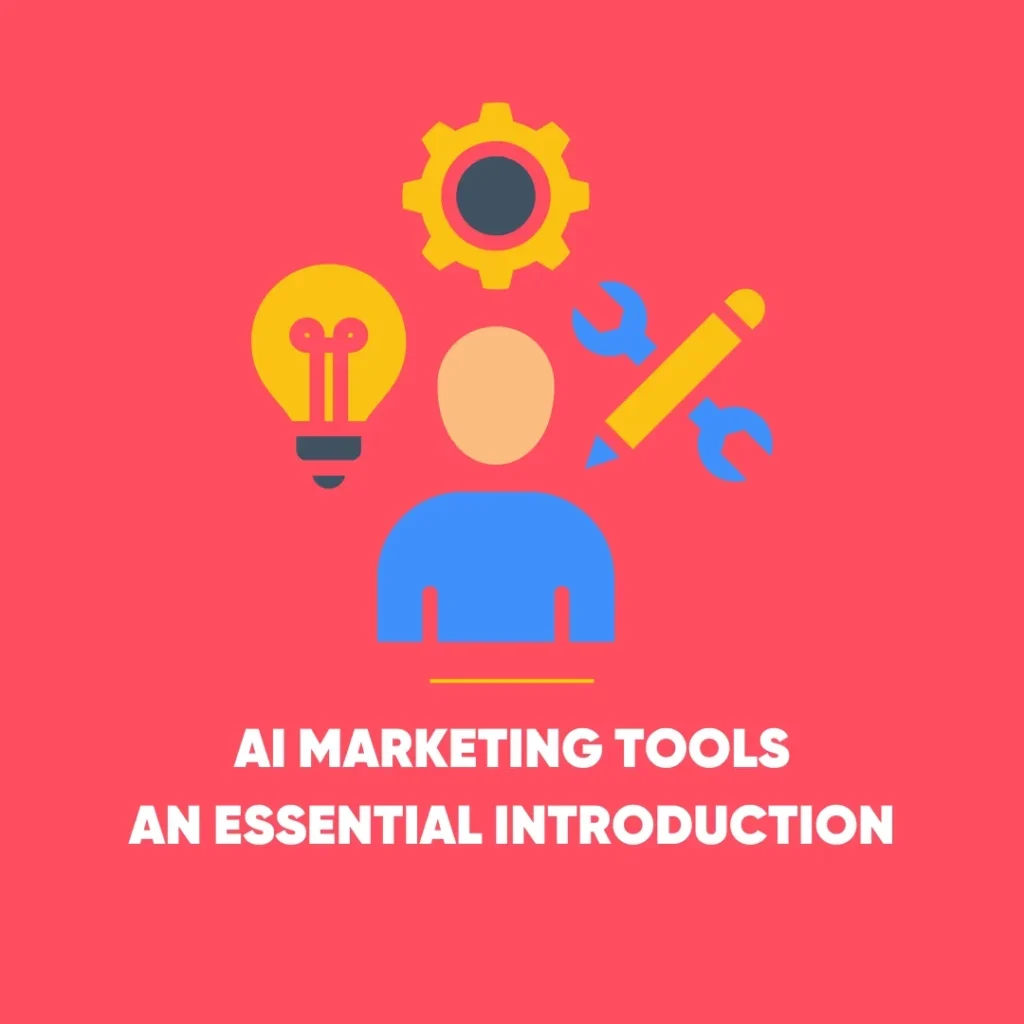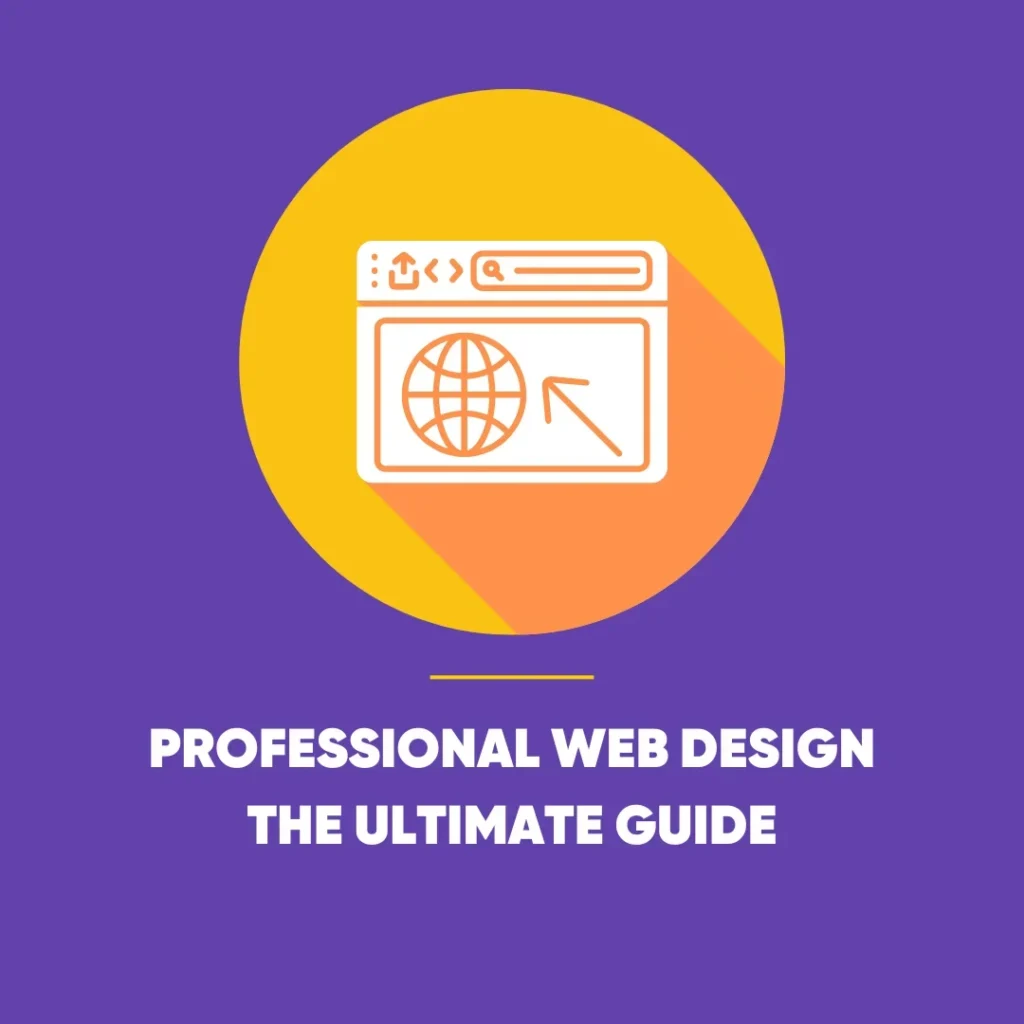Content Differentiation Strategies UK in an AI-Driven World
Content marketing has undergone a seismic shift, making content differentiation strategies UK brands’ secret weapon for standing out online. With artificial intelligence now making it possible for anyone to churn out passable blog posts at scale, the playing field has become more crowded than ever. The old methods of simply producing more content, or doing it faster, no longer guarantee results. Content creators must find ways to rise above the flood of AI-generated sameness. As a result, they capture attention, earn trust, and drive meaningful action.
So, how are seasoned marketers and content professionals staying ahead? By focusing on tactics that bring irreplaceable human value – creativity, perspective, and authentic insight – front and centre. The following strategies are inspired by marketers who know what it takes to produce content that genuinely stands apart.
Leverage Unique Data and Craft Stories Around It: Content Differentiation Strategies UK
 AI tools excel at aggregating existing information, but their capabilities are limited when it comes to producing truly novel data. Content professionals like Ashley Cummings have found success by conducting original research and using the findings as the backbone of their storytelling.
AI tools excel at aggregating existing information, but their capabilities are limited when it comes to producing truly novel data. Content professionals like Ashley Cummings have found success by conducting original research and using the findings as the backbone of their storytelling.
Whether it’s running an industry-wide survey or simply polling your LinkedIn followers, gathering exclusive data enables you to offer insights that no other source can provide. Even a small-scale poll or questionnaire can generate valuable statistics that spark new discussions and draw in your audience. Crucially, weaving your data into a compelling narrative – rather than presenting it as a dry list of numbers – transforms your content from forgettable to unmissable.
Experiment with Unconventional Content Formats
As AI-generated, search-optimised articles saturate the web, there’s little point in trying to win with generic “how-to” guides or explainer posts. Marketers like Eric Doty advocate for creating content that’s not so easily replicated – such as interactive templates, practical toolkits, or hands-on resources tailored to your users’ real challenges.
Consider what your audience repeatedly needs help with and create resources to meet those needs. This could be anything from templates and checklists to interactive quizzes or even games. Not only do these assets provide genuine value, but they also serve as unique SEO magnets, capturing searches that standard articles simply can’t. Enhance their impact by integrating them into traditional articles. Then, add videos, product demos, or real-life examples for a mixed-media approach.
Let Your Unique Voice Shine
When everyone’s drawing from the same pool of facts, how you say something matters as much as what you say. Marketers like Jenna St John champion the power of a distinctive voice – a style and point of view that is unmistakably yours.
To cultivate this, take notes on your industry opinions and observations, and don’t be afraid to inject personality into your writing. Imagine explaining your subject to a friend – if your conversational explanation differs from your written draft, revise it until the “real you” comes through. A memorable voice not only humanises your content but also fosters trust and loyalty among your readers. In a crowded digital landscape, personality is your secret weapon.
Tailor Content to Your Specific Audience: Content Differentiation Strategies UK
Generic content inevitably misses the mark. Truly differentiated content resonates because it’s tailored to the quirks, language, and cultural nuances of its intended audience. Katrina Balmaceda notes the value of adapting advice and messaging to local customs and preferences, rather than simply following imported best practices.
This might mean using local metaphors, sharing relatable stories, or addressing social norms directly in your content. Speak to your readers’ real experiences, pain points, and aspirations. Deep audience understanding comes from genuine engagement – talking to customers, listening to internal experts, and reflecting your audience’s language back to them. The result? Content that feels personal, relevant, and invaluable.
Share First-Hand Experience and Tangible Proof
People crave authenticity, and nothing is more persuasive than sharing what you’ve experienced yourself. Louise Linehan highlights the power of content rooted in first-hand knowledge. For example, share detailed case studies or tutorials based on your own trials. Additionally, offer honest reviews supported by screenshots and results.
Providing “receipts” – actual evidence and outcomes – transforms abstract advice into actionable guidance. Share anecdotes from your own journey, lessons learned, and even mistakes made. This approach not only builds credibility but also gives your audience confidence that your advice is grounded in real-world success.
Source and Showcase Expert Insights: Content Differentiation Strategies UK
 AI can synthesise existing viewpoints, but it can’t conduct interviews or build relationships. Marketers like Kaleigh Moore advocate reaching out to genuine experts within your business or network. Then, feature their perspectives in your content.
AI can synthesise existing viewpoints, but it can’t conduct interviews or build relationships. Marketers like Kaleigh Moore advocate reaching out to genuine experts within your business or network. Then, feature their perspectives in your content.
Original quotes and interviews add depth and authority, and there’s an added bonus: those quoted often help distribute your content, expanding its reach organically. Tools such as podcasts can double up as both a content engine and a source of authentic, expert soundbites. Even if you don’t have a large network, platforms like LinkedIn make it easier than ever to connect with thought leaders willing to share their knowledge.
Use Relatable, Real-World Examples
Complex ideas are easier to understand – and remember – when anchored in stories or examples that resonate. Rease Rios suggests that effective examples make even technical topics accessible to a wider audience.
Look for ways to illustrate your points with practical, everyday scenarios. If you’re lacking real stories, hypothetical examples can work – just ensure they’re relevant to your readers’ context. The key is to bring concepts down to earth, showing not just what to do, but how and why it matters in practice. Curation of relevant examples or case galleries also goes a long way in inspiring and guiding your audience.
Create Content with Empathy: Content Differentiation Strategies UK
Empathy is more than a buzzword; it’s the foundation of genuinely helpful content. Stephanie Yoder advises marketers to approach every piece with an understanding of the reader’s true challenges and aspirations. Rather than simply pushing products, focus on the outcomes your audience values – the sense of achievement or the relief of solving a persistent problem.
This might mean naming your audience explicitly, addressing their specific pain points, or even including a touch of humour that only they will appreciate. Empathy ensures your content feels “for them” – not just for algorithms or search engines. Brands that adopt a people-first approach will naturally stand out from the flood of impersonal AI content.
Put Authors Front and Centre
 In a world where AI enables the mass production of content, who writes the content has become just as important as what is written. Colin Campbell recommends highlighting the unique experiences, opinions, and identities of your authors.
In a world where AI enables the mass production of content, who writes the content has become just as important as what is written. Colin Campbell recommends highlighting the unique experiences, opinions, and identities of your authors.
Give credit to the people behind the words, encourage them to write in the first person where appropriate, and consider developing an employee influencer programme. Readers are increasingly seeking authentic voices and personal credibility over faceless brands. By elevating individual authors, you build trust and foster stronger connections with your audience.
Future-Proofing Your Content Marketing: Content Differentiation Strategies UK
The rapid evolution of content creation tools shows no signs of slowing. But amid all this change, certain principles endure. Marketers who excel are those who:
- Understand their audience better than anyone else
- Infuse empathy, originality, and creativity into every piece
- Experiment boldly with new formats and voices
- Place real humans – both authors and experts – at the heart of their strategy
Keep these themes at the core of your approach, and you’ll ensure your content not only survives but thrives, whatever the future of AI may hold.









